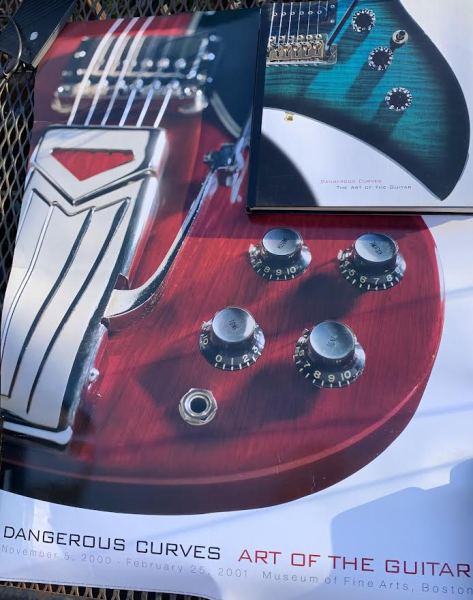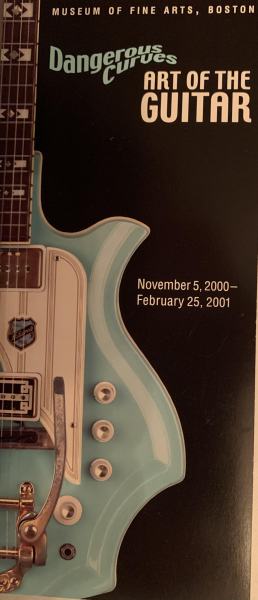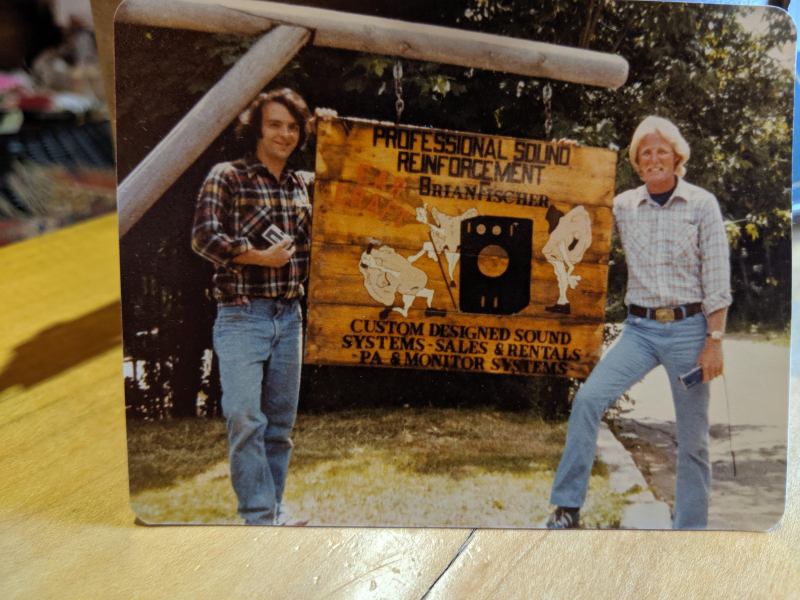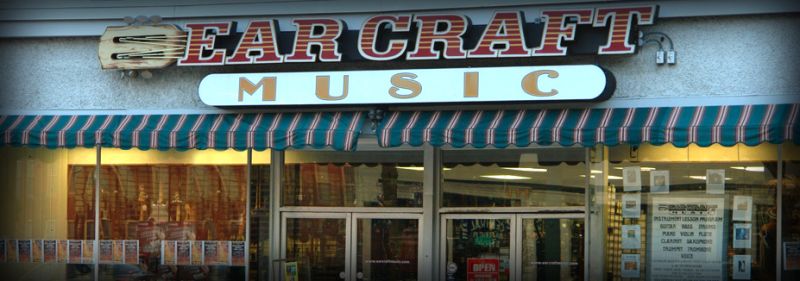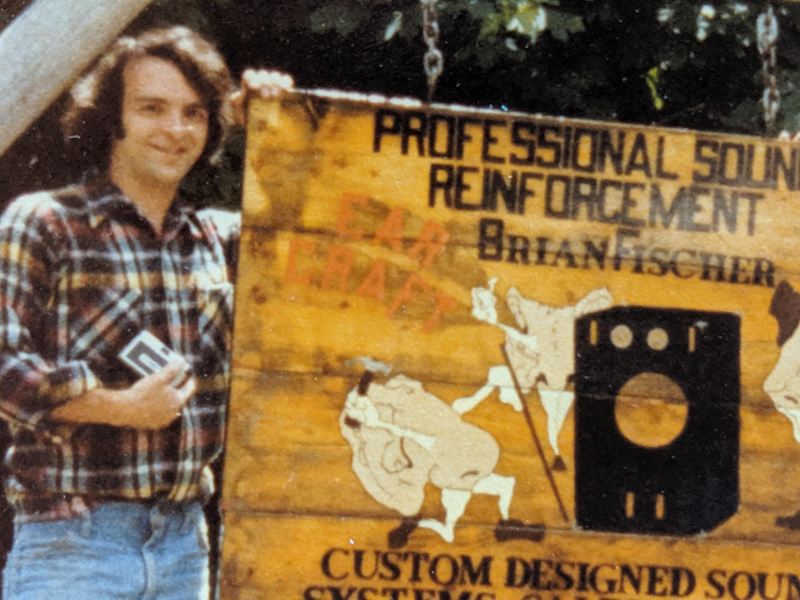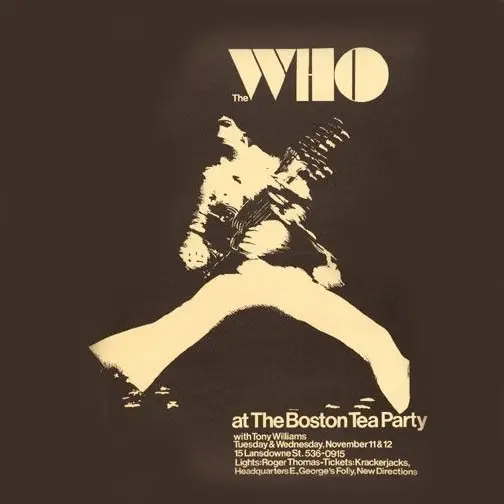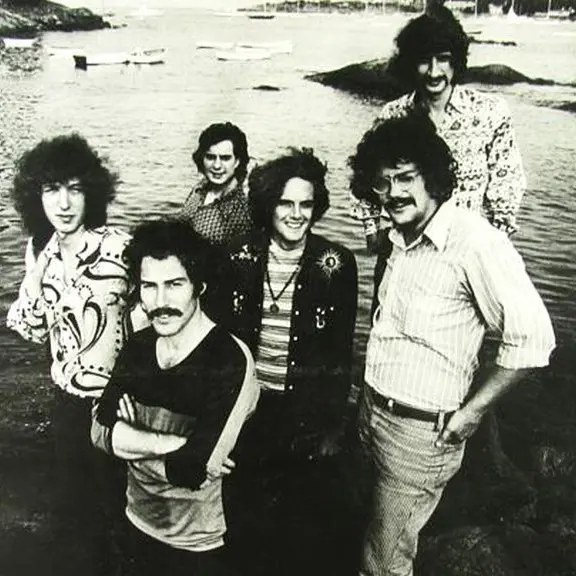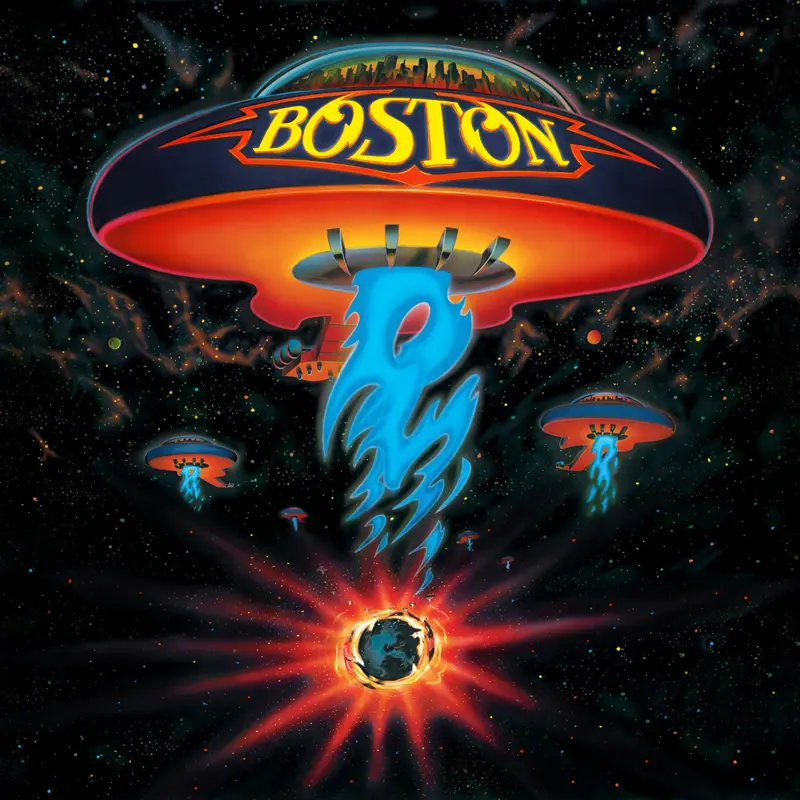Brian Fischer & Ear Craft
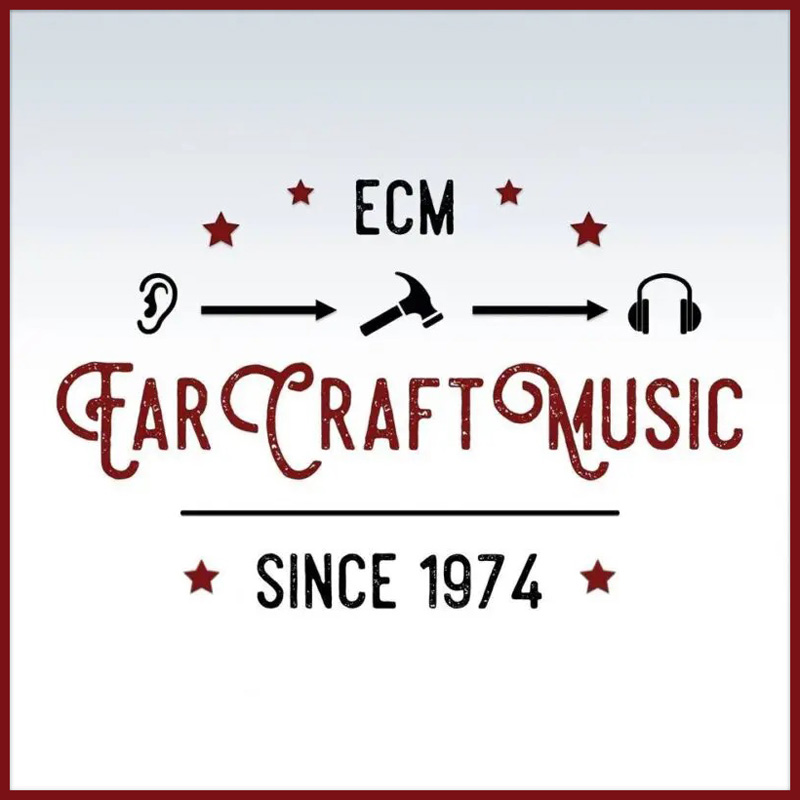
Brian Fischer, one of the early pioneers of concert sound, turned his lifelong passion for music and acoustics into two thriving businesses, amassing one of the world’s largest collections of vintage electric guitars in the process. And he didn’t do so from some major metropolis or high-tech hotspot; he did it from Dover, New Hampshire, a picturesque seaside city of some 32,000.
Inspired by the Woodstock festival in August 1969, Fischer started building sound systems in 1970 when he was still a student at Livonia High School in upstate New York. He was a regular customer at Brighton Sound in Rochester and purchased a used set of high-frequency horns that originally belonged to the band Seatrain for one of the early systems he built. He designed another system for his own band that he modeled on the Altec Lansing Voice of the Theater speaker system (originally designed for movie theatres), which led to him making others and renting them out to local bands under the business name Hogmeyre Productions.
FOUNDING, NOTABLE PROJECTS/STAFF
In 1973, Fischer moved to Dover, New Hampshire, where he studied sound design as part of an independent-study program at the University of New Hampshire. In 1974, he founded Ear Craft and began designing, building, renting and selling public-address systems using Electro-Voice and JBL speakers. Along with sound systems, the company produced cabinets for guitar and bass, fiberglass horns, crossovers and lighting systems.
By the time the ‘80s arrived, Ear Craft had created some 35 different sound systems, a number of which became long-term rentals for working bands. The company provided sound-related servers to The Who, Ella Fitzgerald, Aimee Mann, Cheap Trick, Boston, Stevie Ray Vaughan, Aerosmith and Eddie Van Halen, to name a few, and outfitted churches, music venues of all sizes and a variety of schools with customized systems. In the early ‘80s, among Fisher’s employees were Toby and Elwood Francis, the former of whom went on to do sound for Joe Perry and Aerosmith and the latter of whom later replaced Dusty Hill as the bassist for ZZ Top.
MOVE TO RETAIL
In the mid-‘80s, portable PA systems became readily available to bands and local music retailers, so the competitive landscape became substantially more challenging for Ear Craft. As a result, Fisher decided to transition into a guitar-oriented retail business, which made perfect sense; he was a guitarist at heart who had a deep passion for vintage instruments, especially guitars, which he began collecting in the early ’70s (and sometimes accepted on trade for sales and rentals of his sound systems).
In the early ‘80s, he began traveling to states including Texas and California to visit pawn shops – sometimes stopping at over 200 on a single trip – and buy up vintage guitars and amplifiers. Each trip would yield anywhere from 80 to 200 instruments and by 1985 Fischer had built an eye-popping collection. In 1987, with his sound-system business experience facilitating a move into the retail sector, he opened Ear Craft Music in Dover.
The store sold mostly used instruments and as trades became more common Fischer started culling some of the vintage pieces and putting them aside for his personal collection, building a giant vintage inventory. At one point, his collection numbered in the thousands and was one of the largest of its kind anywhere.
GUITAR SHOWS, MUSEUM OF FINE ARTS EXHIBITION
In the ‘90s, Fischer and his business partner, Russ Sutherland, began running guitar shows including the New England Guitar Show and the Boston Guitar Show. In the mid-‘90s, he worked with Darcy Kuronen, the musical instrument curator for the Museum of Fine Arts in Boston, on the exhibition “Dangerous Curves: The Art of the Guitar,” which ran for about two months and attracted over 100,000 people (the second-largest in the history of the MFA at the time). Fischer sits on the board of directors for the National Music Museum at the University of South Dakota and has donated a number of rare instruments to museums around the US.
CLOSING
In June 2022, after 48 years in business, Ear Craft Music closed its doors for good. Scott Sutherland, the store’s general manager, said that running the locally iconic retail establishment had become “more and more difficult” for its owners (Brian and Stephanie Fischer) in recent years, which led to the decision to sell the 10,000-square-foot space on Central Avenue in Dover. “It was a sole proprietorship and the family that owns [Ear Craft] is ready to move on and enjoy their retirement,” he told Dan Alexander of Seacoast Current. Even after the closing, while Fischer’s guitar collection is not as large as it once was, he still has some of the most amazing vintage electric guitars anyone has ever seen.
(by Fred Bramante)
Fred Bramante was the founder and chief executive of Daddy’s Junky Music.

